Tanzania needs Domestic Violence Legislation
Domestic Violence is a violation of Human Rights. Violence directed against women by their intimate partners which is known as Intimate Partner Violence (IPV) is an epidemic of global proportions with devastating physical; emotional; financial; and social effects; on women, children, families, and communities around the world.
The definition of Domestic Violence needs to encompass spousal violence as well as violence among couples who are cohabiting albeit without formalized structures like marriage.
Domestic Violence is a violation of Human Rights. Social Justice Defenders around the world work to further women’s human right to be free of Domestic Violence in a variety of ways. Defenders work to provide necessary services to women undergoing Domestic Violence including referrals; legal aid; crisis centers; shelters; and hot lines.
Together with government agencies; civil societies; faith based groups; legal aid centers; and law enforcers; Social Justice Defenders have worked to understand and define and analyze Domestic Violence; as well as to coordinate the Responses of various stakeholders among medical; social welfare service providers; paralegal officers; and law enforcers; to enhance victim safety and to bring to account the perpetrators of Domestic Violence.
Social Justice Defenders also work to prevent Domestic Violence through lobby; community education; and through the creation of support groups for Survivors of Domestic Violence. Critical to these efforts, there have been conversations and acceptance of Domestic Violence as a crime.
Governments are obligated under International Charters to take effective steps to protect women from violence and to hold accountable the perpetrators of Domestic Violence through legislation which would enforce punishments to the perpetrators.
This is an overview of Domestic Violence in Tanzania:
- Six (6) out of 10 women have experienced Domestic Violence in Tanzania in the form of verbal abuse; emotional and mental abuse; deprivation of sustenance; deprivation of freedoms to work and earn a living; deprivation of the freedom to socialize; physical battery; isolation from society; mental cruelty which lowers a woman’s self esteem; deprivation of happiness from a constant barrage of undermining a woman’s confidence.
- Most women do not report cases of Domestic Violence to family members; or to Local Government Authorities LGAs; or to friends; or to law enforcement officers; because the majority of the women are not aware that it is an aberration, against the natural laws of justice when a spouse/partner inflicts physical or emotional pain on his spouse/partner.
- Often, society is not willing to intervene in matters related to Domestic Violence, with the belief that it is a private matter, and should be left on the couple to solve. This is so even when one of the partners, the man, inflicts grievous bodily harm to his spouse/partner, society would still be reluctant to intervene. This is the result of tradition and prejudice, patriarchy, which has placed women in a subordinate position, which has made them vulnerable to Domestic Violence.
- Children are also subjected to the Domestic Violence, directly when they get beaten; deprived of sustenance; or indirectly when they have to watch their mothers getting physically; or emotionally; or verbally abused by the men/partners in their domestic set up.
- In the last 20 years, at least 67 (recorded by the police) women have died as a result of Domestic Violence. Most of the perpetrators were not punished from lack of concrete evidence; and mostly, because Tanzania does not have legislation on Domestic Violence.
What does the law say on Domestic Violence?
Tanzania does not have a Domestic Violence Act, as yet. There is a section in the Law of Marriage Act LMA 1971 in Section 66 which has touched on spousal violence but which does not provide remedial action or punishments against the perpetrator.
Neither does Section 66 in the LMA 1971 gives description of Domestic Violence and the various; multi faceted forms which would describe Domestic Violence.
Various Studies, some conducted by this writer in Tanzania have established that Domestic Violence is the most common; the most widespread; the most practiced form of violence against women within marriage, or in the domestic environs, a large percentage among couples who cohabit without having formalized the arrangement through marriage. The definition of Domestic Violence needs to encompass spousal violence, as well as violence against couples who are cohabiting, albeit without formal structures like marriage.
The definition of Domestic Violence needs to encompass spousal violence, as well as violence against couples who are cohabiting, albeit without formal structures like marriage.
It also has to take into account violence against children within the domestic environs; as well as violence against the aged which is perpetrated against elderly parents by their children.
Domestic Violence is the most common and widespread forms of violence in Tanzania.
Domestic Violence includes being denied care and treatment when ill; and also being denied respect; and the right to have dignity.
Unfortunately, perpetrators of Domestic Violence do so with impunity, with the confidence that ‘No Action would be taken against them’.
Because our society has turned a blind eye to this most heinous crime, our nation has neglected the fact that Tanzania needs a Domestic Violence Act to act as a deterrent and also to punish offenders.
We need legislation on Domestic Violence because Tanzania is a signatory to International Human Rights Conventions and Charters on the Rights and Security of women.
This legislation should amend the Penal Code so that punishments can be enforced against offenders.
Women need to be safe. Women need to feel safe. Women want the right to Security; Respect; and Dignity.
“Together We Can Make it Happen”
Leila Sheikh



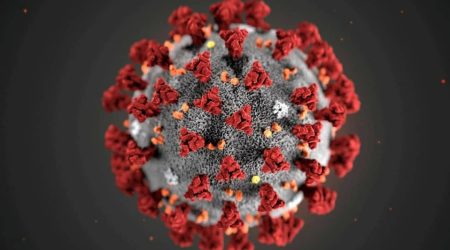
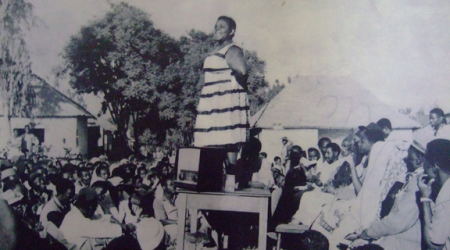


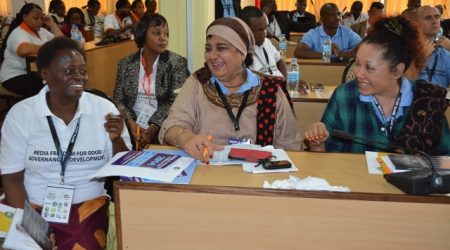
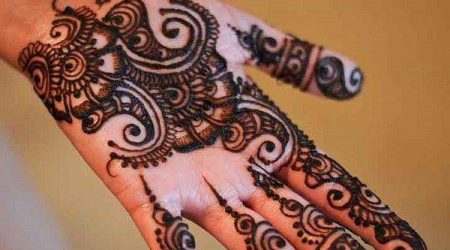

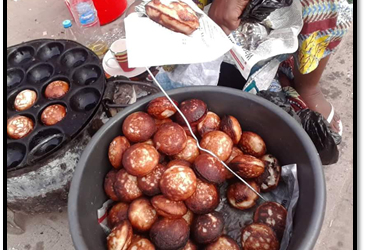



Comments (3)
Personally, I pray such violence dehumanise victims across the board, meaning both men and women in one way or the encounter domestic violence from thr opposite spouse! I had had my personal share of similar violences in my matrimonial home! Wish you success to bring peace and orderliness in our homes
We all have a role to play in the elimination of Gender based violence.
We need to raise our voices and say “No” to gander based violence.
We should support victims of Gender based violence.
Leila
leila sheikh, am now at UDOM-DODOMA, May I share with u something?………..
PLEAZE contact me to my email.